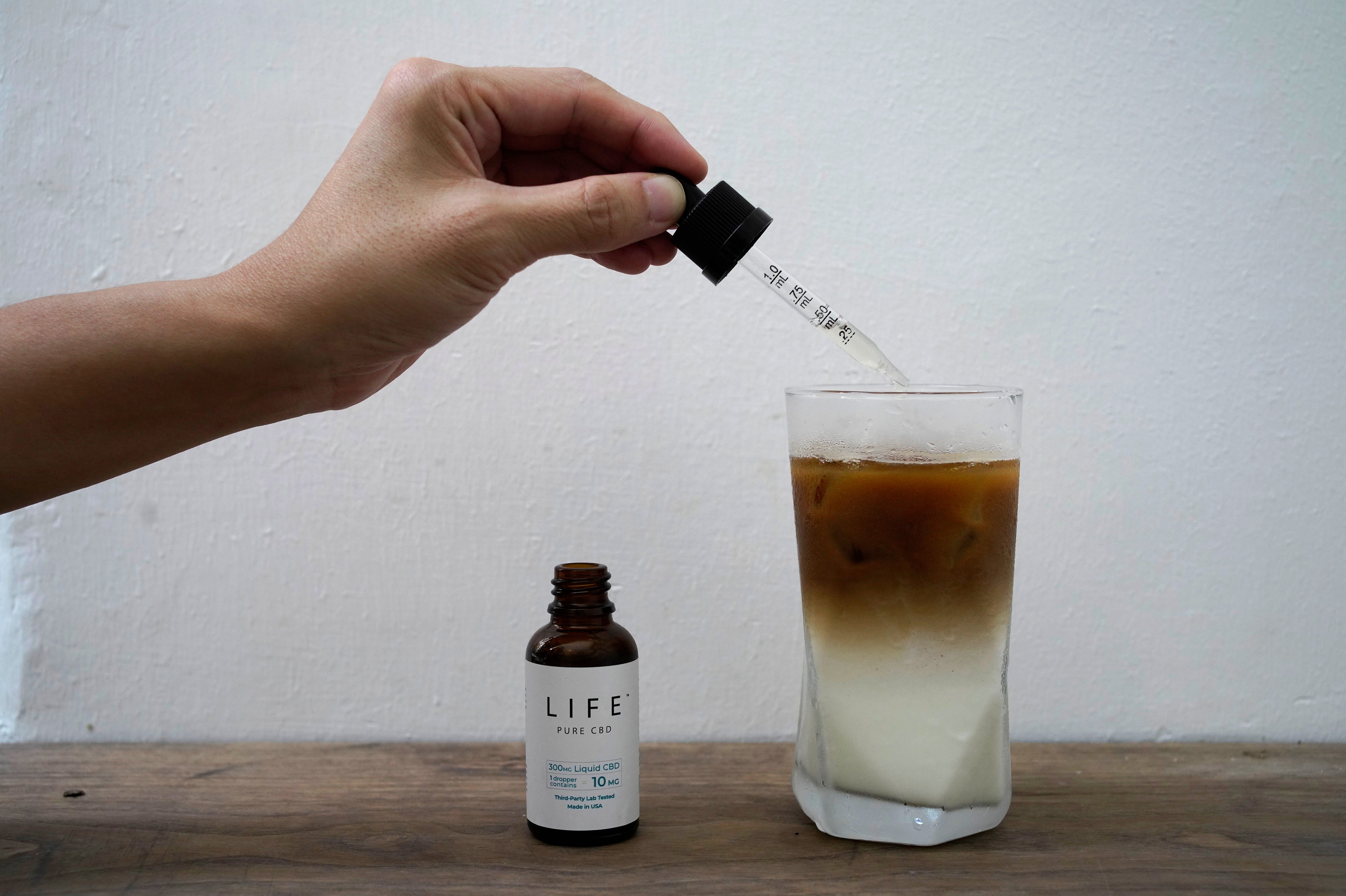Even high doses of CBD don’t impact driving, study finds
Scientists caution that study only looked at CBD in isolation

Even the highest daily medicinal dose of cannabidiol (CBD) – a cannabis component widely used for medical purposes – has no impact on people’s driving or cognitive abilities, a new study has found.
The study, published on Monday in the Journal of Psychopharmacology, said that even at the highest medicinal dose of 1500mg, CBD, which is widely used to induce sleep in many parts of the world, does not cause impairment.
“Though CBD is generally considered ‘non-intoxicating’, its effects on safety-sensitive tasks are still being established. Our study is the first to confirm that, when consumed on its own, CBD is driver-safe,” Danielle McCartney, lead author of the study said in a statement.
In many regions across the world, including in parts of Australia, it is legal to drive while on CBD as long as the driver is not “impaired” due to fatigue and/or lowered blood pressure, scientists say.
Unlike THC, a component of the cannabis plant that induces sedation, euphoria, and impairment, researchers say CBD does not appear to intoxicate people but instead could have calming and pain relief effects.
In the new study, scientists assessed 17 participants as they underwent simulated driving tasks after consuming either a placebo or 15mg, 300mg, or 1500mg of CBD in oil.
These quantities, scientists say, represent frequently consumed dosages – up to 150mg a day over the counter, and up to 1500mg a day for conditions such as epilepsy, pain, sleep disorders, and anxiety.
In the simulation, participants had to try to maintain a safe distance between themselves and a lead vehicle, and then drive along virtual highways and rural roads.
They performed the task around 45 minutes to 75 minutes after taking their assigned treatment, and again some three-and-a-half to four hours later to account for the range of plasma concentrations of CBD at different times.
Participants repeated this under each of the four different treatments – placebo and the three different doses.
Scientists assessed participants’ control of the simulated car, and also tested how much the simulated car weaved or drifted, as well as the cognitive function and subjective experiences of the participants, besides the CBD concentrations in their plasma.
Based on the analysis, scientists said no dose of CBD induced feelings of intoxication or appeared to impair either driving or cognitive performance.
“We do, however, caution that this study looked at CBD in isolation only, and that drivers taking CBD with other medications should do so with care,” Dr McCartney added.
Join our commenting forum
Join thought-provoking conversations, follow other Independent readers and see their replies
Comments
Bookmark popover
Removed from bookmarks